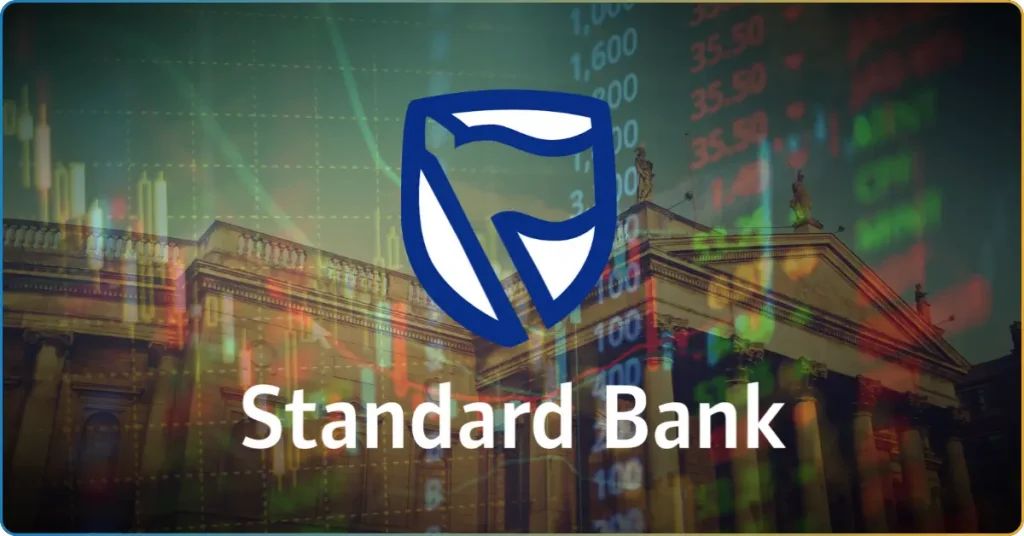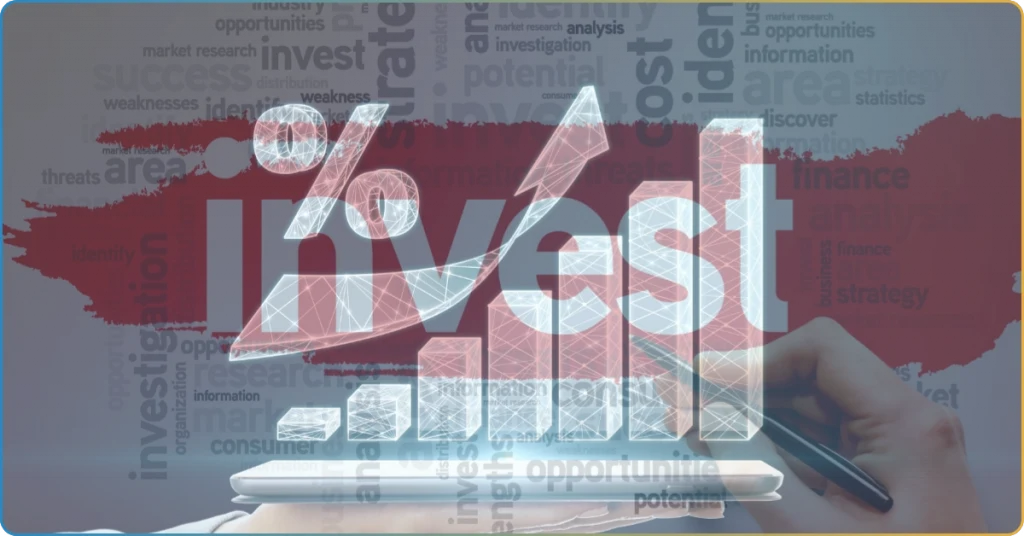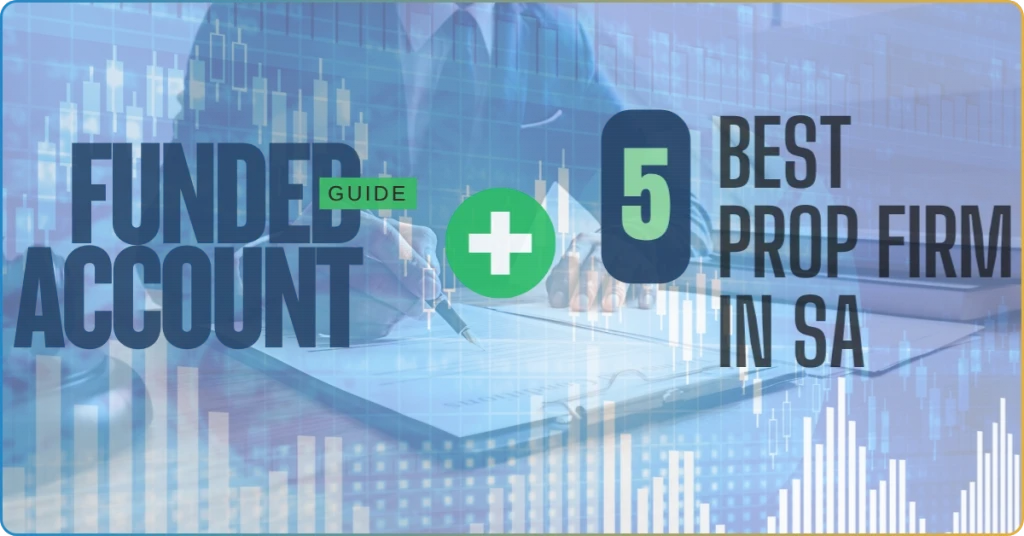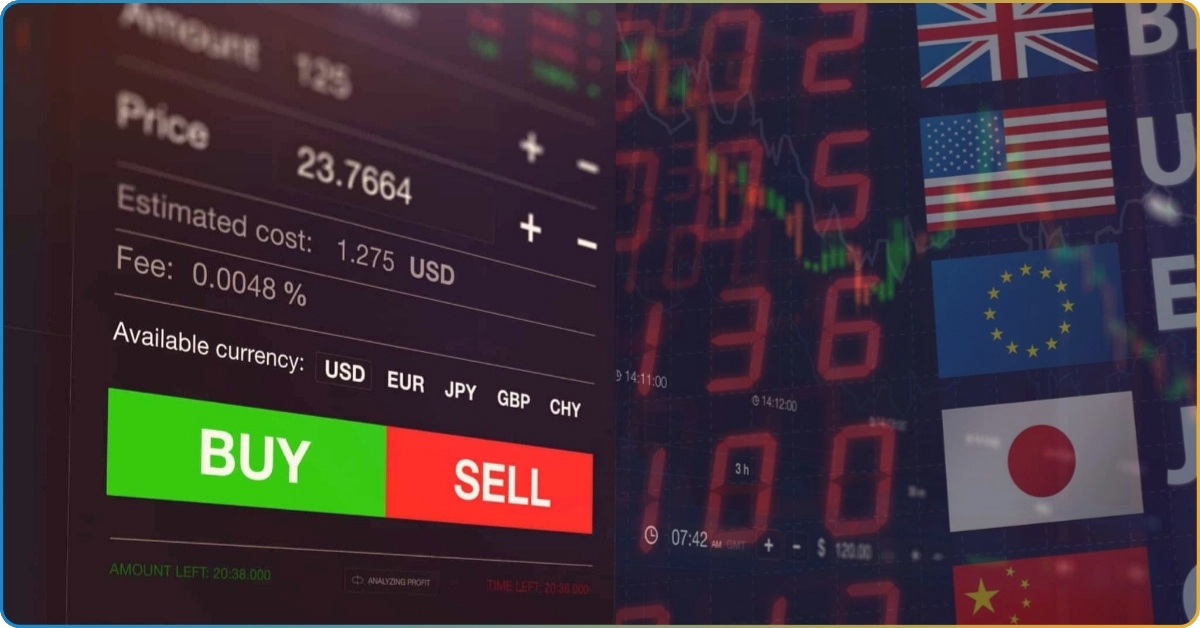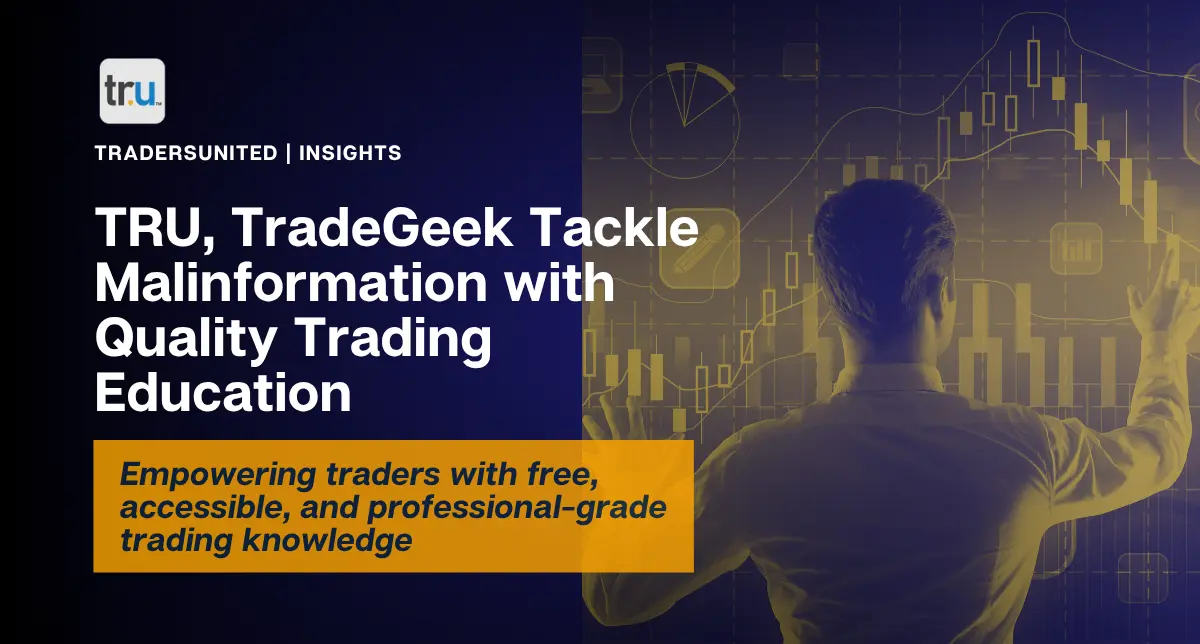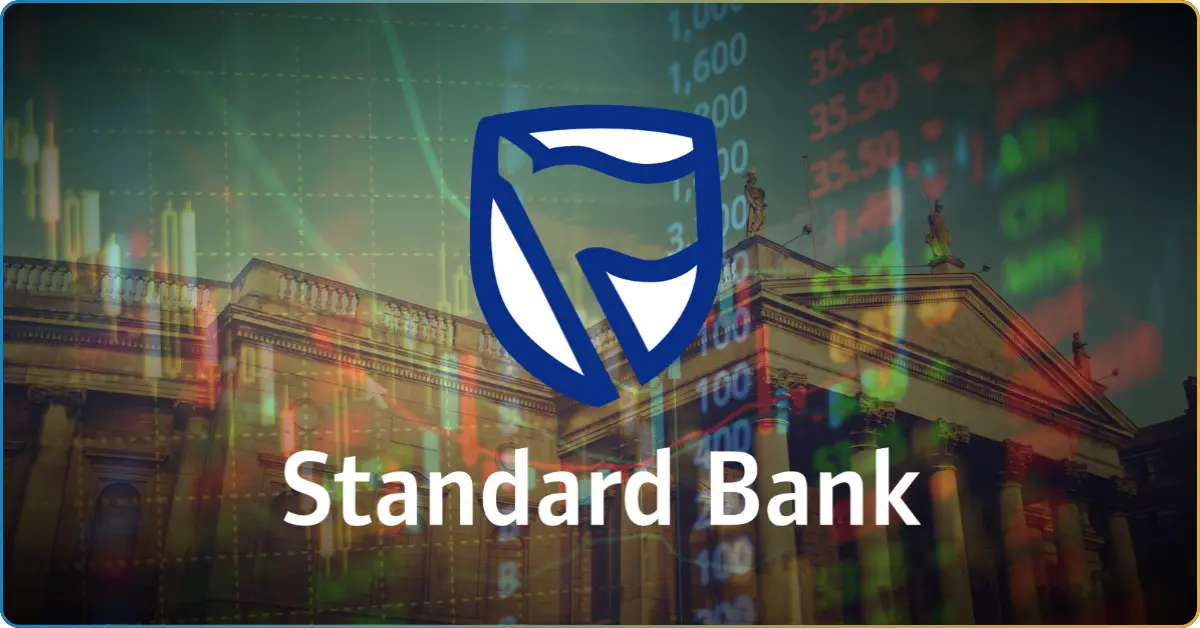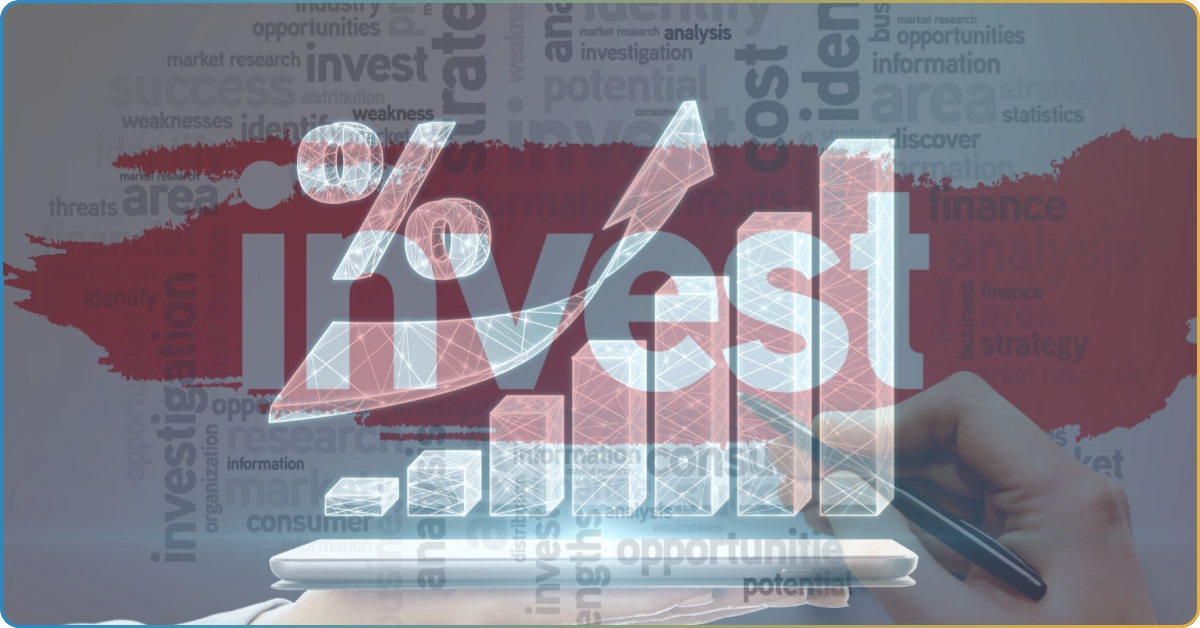The rise of financial influencers, popularly known as Finfluencers, has transformed how people learn about personal finance, money management, investing, and trading.
While some provide valuable insights, others raise questions about misinformation, bias, and most importantly, a lack of regulation.
In this TRU Insight, we’ll dig deeper and examine who finfluencers are, why they’ve become so popular, and the common red flags you must know when engaging with them.
What Are Finfluencers?
Finfluencers are social media personalities who discuss financial topics, including budgeting, stock market investing, cryptocurrency, forex trading, and wealth management.
Typically, these finfluencers operate on social media platforms like YouTube, Instagram, TikTok, and Facebook. This way, they make their insights accessible to their target audience and the public.
Note: While accessibility is guaranteed, you must remember that these platforms are largely self-regulated. Their monitoring framework mostly overlooks investors’ interests.
Some finfluencers are certified financial advisors, while others are enthusiasts sharing their personal experiences. Their appeal lies in their relatability, often breaking down complex financial concepts into simple, digestible formats.
For example, a TikTok creator might explain how to build an emergency fund in under 60 seconds, while a YouTuber might share a detailed portfolio review.
This accessibility makes financial advice more approachable to audiences who might otherwise feel intimidated by traditional resources.
The 21st Century Rise of Finfluencers
The digital age has reshaped how people access information, and the financial world is no exception.
Finfluencers have emerged as a product of technological advancements and the social media boom, bringing financial education to millions with just a few taps on their screens.
The rise of these influencers is driven not only by innovative platforms but also by a growing demand for accessible and relatable financial advice, particularly during times of economic uncertainty.
This phenomenon highlights a shift in how individuals engage with personal finance, blending education and entertainment in unprecedented ways.
Technological Advancements
The proliferation of smartphones and the internet has made information more accessible than ever before. Finfluencers leverage tools like video editing apps, live-streaming platforms, and analytics to create engaging and targeted content.
Social Media Boom
Social media platforms have revolutionized how people consume content. Finfluencers capitalize on trends like short-form videos, interactive Q&A sessions, and visually appealing infographics to capture attention. For instance, Instagram “reels” about saving hacks or Twitter threads analyzing stock trends can go viral, reaching thousands or even millions of users.
Financial Uncertainty
Economic turbulence, rising inflation, and job insecurity have fueled a demand for financial education. Many people turn to finfluencers for guidance, particularly those who provide actionable tips for navigating uncertain times.
Are Finfluencers Credible and Trustworthy?
The credibility of finfluencers varies significantly. Some are genuine experts offering high-quality advice, while others prioritize self-promotion over accuracy.
Evaluating their trustworthiness requires understanding both their benefits and risks.
Pros of Finfluencers
1. Accessibility
Finfluencers break down intimidating topics like tax strategies or stock analysis into simple, relatable explanations. For instance, a finfluencer might create a step-by-step guide on opening a Roth IRA using an engaging video format.
2. Engagement
Unlike traditional sources, finfluencers encourage interaction. They host live Q&A sessions, answer direct messages, and respond to comments, fostering a sense of community.
3. Diverse Perspectives
Finfluencers come from various backgrounds, offering unique insights. For example, a single parent might share strategies for managing finances on a tight budget, while a tech-savvy investor discusses crypto trends.
Cons of Finfluencers
1. Potential Bias
Many finfluencers earn commissions by promoting products or services. For example, a finfluencer might recommend a specific investment app without disclosing their affiliate relationship, potentially leading to biased advice.
2. Risk of Misinformation
Inaccurate advice can have serious consequences. For instance, an unqualified finfluencer might oversimplify the risks of leveraged trading, leading followers to make poor financial decisions.
3. Lack of Regulation
Unlike licensed financial advisors, finfluencers aren’t held to strict professional standards. This lack of oversight means their advice isn’t always reliable or safe.
Regardless of their credibility, every finfluencer, if offering financial services like advice and account management, should be authorized by a reputable financial regulator.
The FSCA Remains Strict Towards Finfluencers and Their Financial Advices
Finfluencers who provide financial services, such as investment advice or portfolio management, must comply with regulatory requirements. Organizations like the Financial Sector Conduct Authority (FSCA) ensure that South African professionals adhere to strict guidelines, protecting consumers from unethical practices.
Always verify whether a finfluencer is licensed or authorized by a reputable regulatory body before acting on their recommendations. Doing so can save you from scams or poor advice.
Finfluencers Red Flags You Must Watch Out
While finfluencers have democratized access to financial advice, not all of them operate with the same level of integrity or expertise.
Some may inadvertently spread misinformation, while others might intentionally prioritize profits over your financial well-being. Identifying red flags is crucial to protecting yourself from scams, misleading advice, or poorly aligned recommendations.
By understanding the warning signs, you can separate trustworthy finfluencers from those who may do more harm than good.
1. Outlandish Promises
Be cautious of claims that guarantee “instant wealth,” “100% returns,” or “no-risk investments.” These promises are often too good to be true.
A finfluencer promoting a “get-rich-quick” cryptocurrency scheme might entice followers with screenshots of massive profits but fail to disclose the volatile nature of the market.
Legitimate advice emphasizes realistic expectations and the importance of risk management.
2. Shady Track Record
Always research a finfluencer’s background before following their advice. Look for reviews, testimonials, and evidence of past success—or failures.
If a finfluencer has been involved in scandals, such as misleading followers or promoting scams, this is a significant red flag. Check reputable sources like forums or financial watchdog sites for any negative reports.
3. Constant Aggressive Promotion
Finfluencers who overly promote products, services, or affiliate links without providing substantial educational content should raise concerns.
A finfluencer constantly pushing a specific trading platform without explaining how it benefits users could be prioritizing commissions over genuine value. Trustworthy finfluencers focus on education first and endorsements second.
Should You Trust Finfluencers?
In 2025, finfluencers play a growing role in democratizing financial education. While they offer convenience and diverse perspectives, it’s essential to remain vigilant and evaluate their credibility.
By identifying red flags and following practical tips, you can benefit from their insights while minimizing risks.
Remember, the ultimate responsibility for your financial well-being lies with you. Equip yourself with knowledge, question everything, and make informed decisions.



